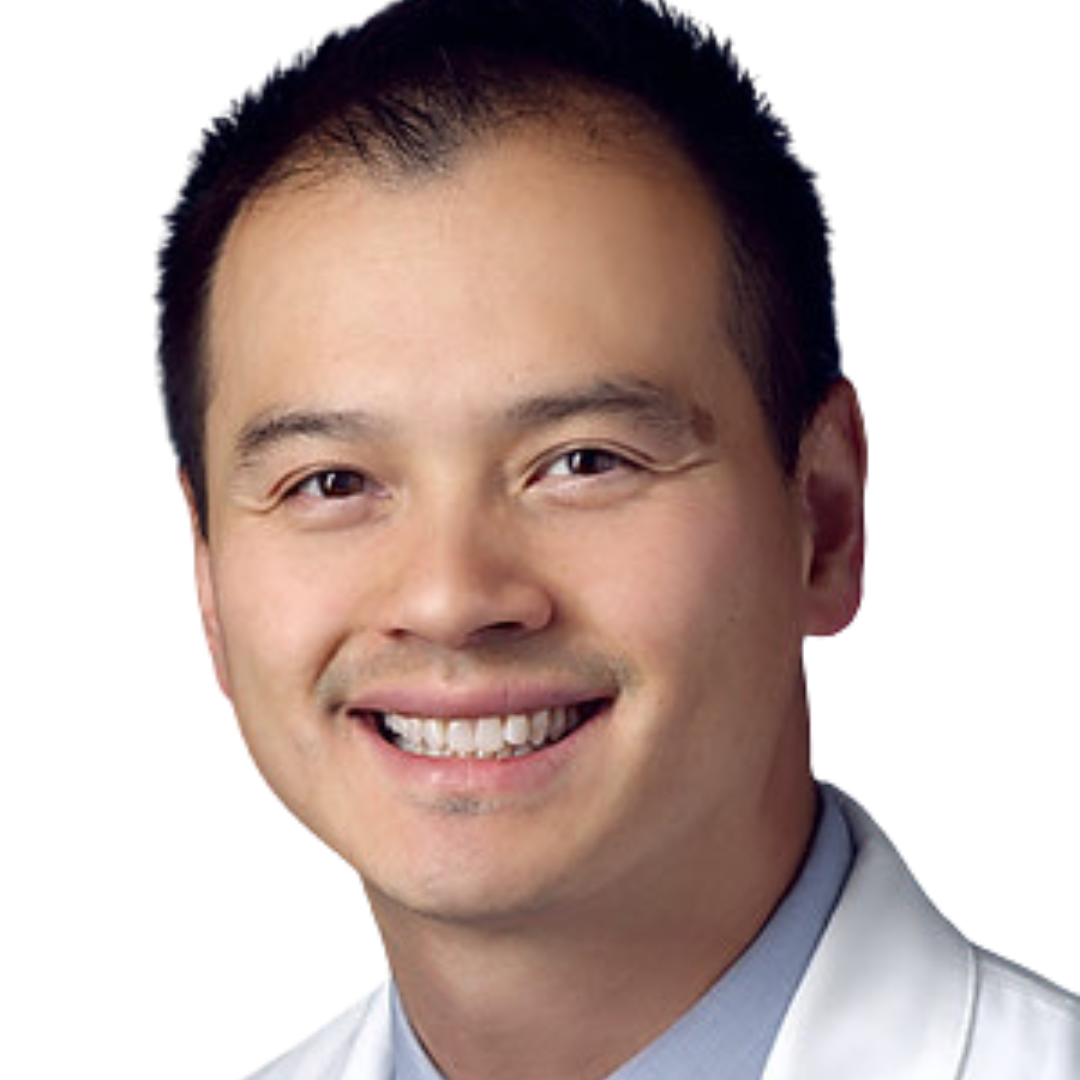Their Story
Translational Researcher: Dr. Vincent Lam
What is translational research?
Translational research aims to translate scientific discoveries from the lab into clinical results that directly benefit patients.
For Dr. Vincent Lam, an Assistant Professor of Oncology at Johns Hopkins University, medicine was a ‘second line’ career choice. Although he had achieved his childhood career goal, in his heart he knew something was missing. His new career as a physician and translational researcher has him providing the link from the lab to the bedside.
While he was a high school sophomore in Seattle, Lam began working at Microsoft. As an undergraduate at University of Washington, Seattle, he had a course of study focused primarily on math and computer science. Upon graduation, he began what was, by all accounts, a great career as a software engineer. In his 20’s he made a name for himself at several start-ups in Silicon Valley. He loved his job – this was during the dot com bubble, after all – and took great pride in his accomplishments in helping develop large-scale internet routers.
Grants Awarded
LCFA/IASLC/BMS Young Investigator Award
About the LCFA-Funded Research
Dr. Vincent Lam's Personal Statement
Vincent K. Lam, M.D., an Assistant Professor of Oncology at Johns Hopkins, is a clinical/translational investigator with a special interest in lung cancer. Prior to joining the faculty at Johns Hopkins, Dr. Lam was on faculty at MD Anderson Cancer Center and previously completed his hematology/oncology fellowship at the University of Maryland. Dr. Lam’s research includes on-going efforts to develop the clinical utility of liquid biopsies in cancer. He has also led multiple early-phase immunotherapy clinical studies, including T-cell therapy trials in lung cancer. As an investigator with computational bioinformatics expertise, Dr. Lam is interested in applying genomic analytics to better understand why many lung cancers don’t respond to immunotherapy and to develop new immunotherapies for these patients.
Dr. Lam’s LCFA-funded research focuses on ALK+ lung cancer, which predominantly affects younger patients and those without significant smoking exposure. Similar to several other types of lung cancer (e.g. EGFR, ROS1), ALK+ lung cancer is generally not sensitive to current immunotherapies. Dr. Lam aims to comprehensively characterize the immune microenvironment in ALK+ lung cancer, including the use of novel T-cell studies to specifically guide the development of new therapies that can directly enhance the immune system’s anti-tumor response (e.g. vaccines).


